

China's e-commerce going overseas
In addition to setting the shopping trend domestically, China's e-commerce companies are also tapping the potential of overseas markets where it can be difficult and expensive to buy Chinese products.
Last month, Alibaba and supermarket chain 7-Eleven forged a new partnership which will see 900 7-Eleven stores in Hong Kong sell Alipay vouchers. Available in denominations between 100 yuan ($15) and 1,000 yuan ($159), the coupons allow Hong Kong consumers to purchase items on the Tmall site without a mainland bank account.
"The practice opens up a very lucrative market to Tmall through placing its vouchers in the Hong Kong market. It could be an inexpensive way to boost brand recognition in new markets," according to Daphne Lee, director of Taobao's overseas business.
She says that Taobao has attracted 1.2 million registered users in Hong Kong and half a million users in Taiwan so far. Women's fashion, women's shoes and gadgets are the most popular categories for users from Hong Kong and Taiwan.
Lee adds that the move is a stepping stone for Taobao to make the jump overseas. There is also a lot of interest in Taobao in Singapore and Malaysia, she believes.
"The most important thing in expanding to the global market is handling the logistics and payment channel properly to bring convenience to overseas customers as well as further regulating online shops," Lee says.
Perhaps the final word on the new shopping dynamic that has developed in 2012 should be left to Jack Ma, chairman and CEO of Alibaba Group.
Named China's Economic Person of the Year by China Central Television, Ma said on accepting the honor this week that the most important thing is not whether e-commerce finally replaces traditional retail.
"What counts most is that e-commerce is now bringing revolution to the lifestyle of every Chinese," he told the audience at the awarding ceremony.
"We not only changed ourselves, but also influenced our time. In this sense, (Tmall.com and Taobao.com's January-November revenue of) 1 trillion yuan is just a beginning."
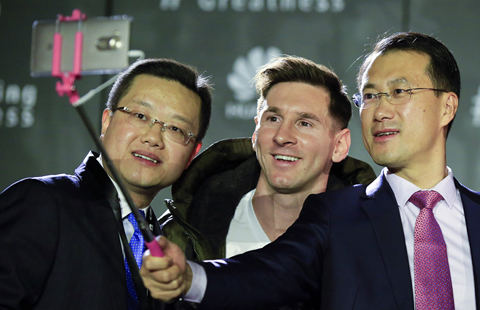 Top 8 foreign sports stars endorsing Chinese brands
Top 8 foreign sports stars endorsing Chinese brands
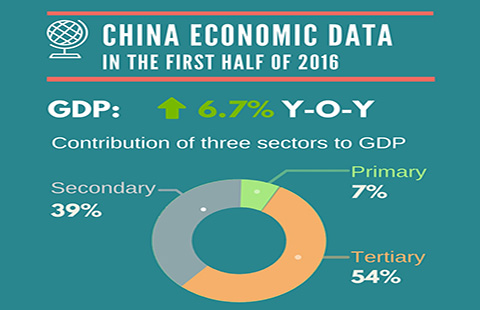 Infographics: China economy data in H1
Infographics: China economy data in H1
 Sunny images of 60-year-old go viral
Sunny images of 60-year-old go viral
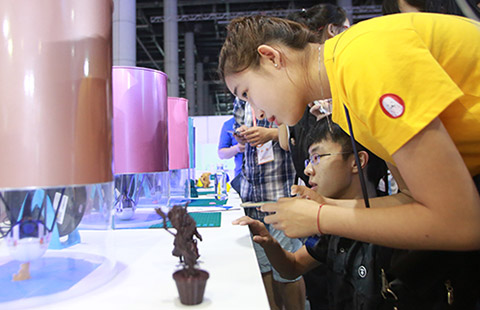 Catching up fast in 3d printing
Catching up fast in 3d printing
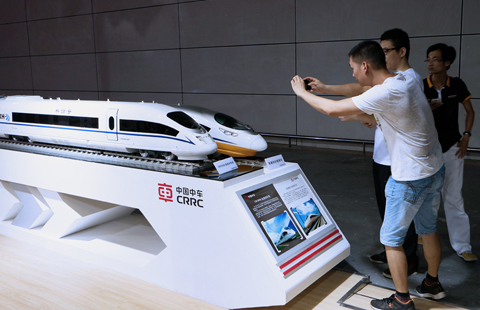 Top 12 Chinese firms debuted in 2016 Fortune Global 500
Top 12 Chinese firms debuted in 2016 Fortune Global 500
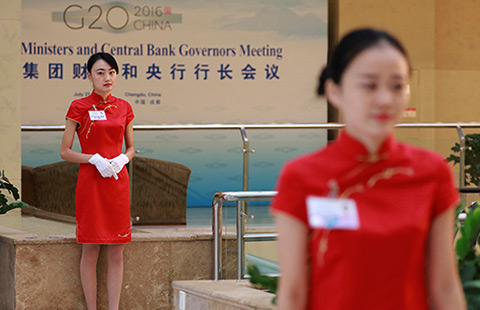 G20 Finance Ministers and Central Bank Governors Meeting kicks off in Chengdu
G20 Finance Ministers and Central Bank Governors Meeting kicks off in Chengdu
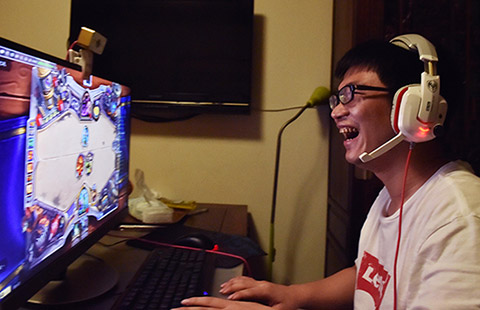 Daily life of web celebrity in Shanghai
Daily life of web celebrity in Shanghai
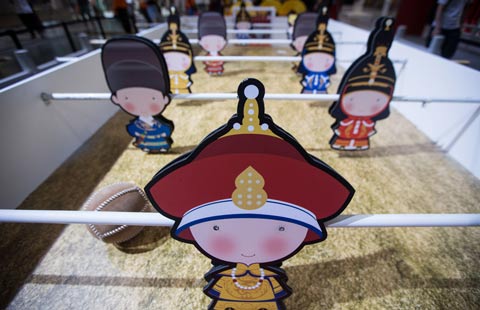 Carnival of creation under way in Shanghai
Carnival of creation under way in Shanghai

